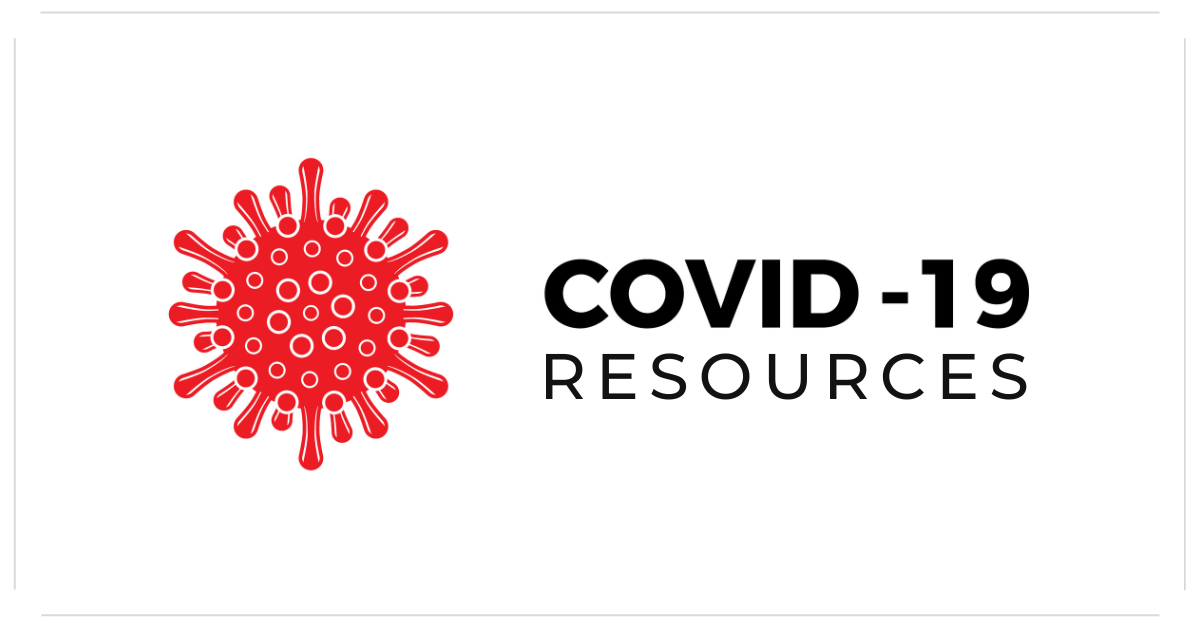
What Can I Do?
People sometimes contact me feeling overwhelmed or grieved about what they’re learning. They want to do something, but don’t know what to do or where to begin.
Here are some ideas to get you started; pick one (or more) action steps that resonate with you and then run with it!
Action Steps
1. Talk to Your Family and Friends
Share what you’re learning and offer resources if they’re interested in knowing more.
2. Contribute to Scientific Research
Financially support scientific research exploring ethical vaccines, treatments and products as well as research studying the dangers of using aborted fetal material in vaccines and other biologics. Funding for this type of independent research is important but difficult to obtain, which is why we have so little research that’s not potentially biased due to pharmaceutical funding. While large donations are certainly helpful, smaller donations from many people make an big impact! A great organization to consider contributing your money is Sound Choice Pharmaceutical. *Note: I am not affiliated with Sound Choice in any way and get nothing for recommending them. It’s an organization I believe is reputable and doing important work.
3. Communicate Directly to Pharmaceutical Manufacturers
Call or write pharmaceutical manufacturers, asking them for ethical vaccines and to stop using abortion-derived fetal cell lines in the manufacturing, production, and testing of their vaccines.
4. Educate Your Legislators
Call, email, and meet in person with your local, state and federal legislators.
5. Connect With State Medical Freedom Groups
Work with them to pass (or keep) religious exemptions to vaccines in your state.
6. Share Your Concerns With Your Doctor
Ask for alternative vaccines that do not use abortion-derived cell lines. Even though they might tell you there are no alternatives (this is the case in the US and some other countries), it raises awareness with medical practices who purchase from pharmaceutical companies.
7. Talk to Your Pastors, Religious Leaders, and Ministry Leaders
Raise their awareness of this aspect of the abortion industry. Prepare packets of information to give them. Our printable infographics, White Paper, and Vaccine Position Statement are a good place to start, as well as information from other reputable and informative websites listed on our resource page.
8. Meet With Like-Minded People
Share ideas, resources, and encouragement. Work together to reach and educate faith groups in your community.
9. Collaborate With Other Leaders
Religious leaders, religious/ministry organizations and church bodies have the unique opportunity to make public statements (as individuals and as corporate entities), which raise awareness and help make this a public issue. Collaborate with other leaders/churches/religious organizations by releasing unified statements, making a greater impact on congregants, constituents, political leaders, and pharmaceutical companies. Our Vaccine Position Statement might be a good starting point for crafting your own statement.
10. Pray
Pray for your family, friends, religious leaders, political leaders, pharmaceutical companies, and all those involved in procuring and using the fetal tissue for science.
Tips for Successful Conversations
Here are some things I’ve learned over the years (many times the hard way) that have contributed to less stressful and more positive conversations. I still remind myself about these things often.
- Start slow. Present the information at a high level first, then go deeper with details if they show interest and ask questions.
- Remember, you may feel led to share the information, but the Holy Spirit takes it from there. It’s not our place to force someone to believe or care about what we’re sharing.
- Some people need a lot of time, reading and processing as they consider the information you bring them (sometimes weeks, months, or even years). Allow them to process at their own pace, but let them know you’re available if they have questions or want to discuss it further.
- It’s okay not to have all the answers. That takes a lot of pressure off. Simply direct them to resources and websites you trust. They can read more and reach out to you or to those organizations with questions.
- People may have a wide range of reactions… anything from denial, disbelief, shock, anger, deep grief and sadness, thinking you’re naive or crazy, calling you names, or even feeling personal shame over their own past abortion (that you might not know about).
- This is a sensitive topic, so approach your discussions with humility and compassion.
- Pray before the conversations and ask the Holy Spirit for discernment when sharing with others.
Please feel free to reach out if you have questions, need resources, or even if you have a successful conversation you want to share!













